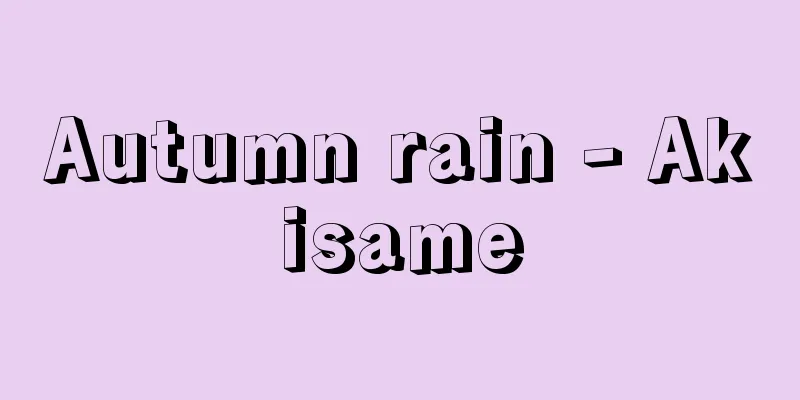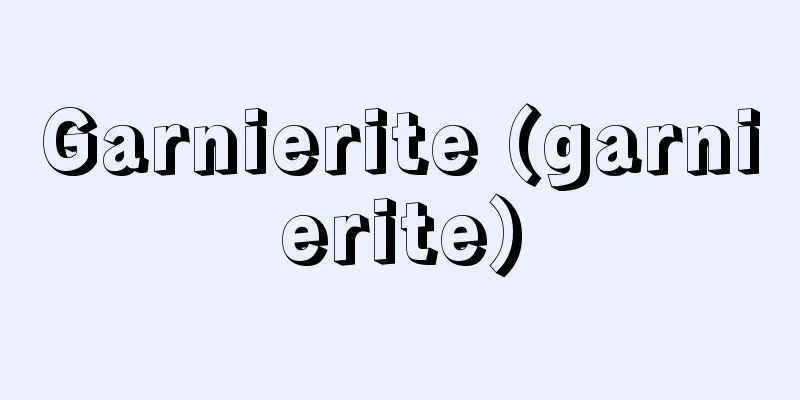Special appeal - tokubetsu jokoku

|
Under the Civil Procedure Law, even if a final judgment cannot be appealed, a ruling from the Supreme Court can be sought if constitutional issues are the cause. This is also called an appeal for unconstitutionality or a second appeal. Under the Criminal Procedure Law, this system does not exist, as all appeals are heard by the Supreme Court. The Supreme Court is the court of last resort with the power to decide whether any law, order, regulation or disposition is constitutional or unconstitutional (Article 81 of the Constitution). Therefore, even in cases where ordinary appeals are no longer possible, it is necessary to provide an opportunity for the Supreme Court to make a further decision on the appeal if the reason is a constitutional issue. In other words, a final judgment made by a High Court as an appellate court, a final judgment made by a High Court as a second or first instance court on provisional attachment or provisional disposition, or a final judgment made by a District Court as a second instance court may be appealed to the Supreme Court if the judgment contains an erroneous interpretation of the Constitution or otherwise violates the Constitution (Article 327 of the Civil Procedure Code). However, this special appeal does not block the finality of the original judgment (Article 116 of the same Code), and therefore it is not a proper appeal. It is an appeal similar to a petition for retrial in that it targets a final judgment, but the provisions regarding general appeals apply mutatis mutandis to this procedure, unless they are contrary to its nature (Article 327, paragraph 2 of the same law). [Takeyoshi Uchida and Tetsuo Kato] [Reference] | |Source: Shogakukan Encyclopedia Nipponica About Encyclopedia Nipponica Information | Legend |
|
民事訴訟法上、不服申立てができない終局判決であっても、憲法問題を理由とするときは最高裁判所の判断を仰ぐことができる制度。違憲上告または再上告ともいう。刑事訴訟法上は、すべての上告審は最高裁判所が担当するので、この制度はない。 最高裁判所は、いっさいの法律、命令、規則または処分が憲法に適合するかしないかを決定する権限を有する終審裁判所である(憲法81条)。そこで、通常の不服申立てができなくなった裁判についてでも、憲法問題を理由とするときは、その不服についてさらに最高裁判所で判断を受ける機会を設けておく必要がある。すなわち、高等裁判所が上告審としてなした終局判決、および仮差押えまたは仮処分に関し高等裁判所が第二審もしくは第一審としてなした終局判決、または地方裁判所が第二審としてなした終局判決に対して、その判決に憲法の解釈の誤りがあること、そのほか憲法違反があることを理由とするときは、最高裁判所にさらに上告することができる(民事訴訟法327条)。しかし、この特別上告は原判決の確定を遮断しない(同法116条)から、その性格は本来の上訴とはいえない。それは確定判決を対象とする点で再審の訴えに類似する不服申立てであるが、この訴訟手続には、その性質に反しない限り一般の上告に関する規定が準用される(同法327条2項)こととなっている。 [内田武吉・加藤哲夫] [参照項目] | |出典 小学館 日本大百科全書(ニッポニカ)日本大百科全書(ニッポニカ)について 情報 | 凡例 |
<<: Special local consumption tax - tokubetsuchihoshohizei
>>: Special city - Tokubetsushi
Recommend
Aung San - Aung San (English spelling)
A leader of the Burmese (now Myanmar) independenc...
Nievo, Ippolito
Born: November 30, 1831 in Padua [Died] March 4, 1...
The Monk
…He studied at Oxford University and became a mem...
zooid
…This group is called a colony. Each individual t...
Female Goddess of Thunder - Onna Narukami
Kabuki kyogen. One act. Historical piece. Original...
FDM - FDM
Frequency division multiplexing: A method of simul...
Royal Museum of Fine Arts of Brussels - Musées royaux des Beaux-Arts de Belgique, Bruxelles
This museum is located in Brussels. It was establi...
Gil, A. (English spelling) GilA
...The band visited Japan several times between 1...
Yokota Manor - Yokota no Sho
A manor in Nita County, Izumo Province. It was loc...
Reinforced Liquid Fire Extinguisher
...Suitable for ordinary fires. (3) Reinforced Li...
Theodoros Prodromos (English spelling)
… [literature] Examples of so-called literary wor...
Populismo (English spelling)
It is translated as populism. Originally, it was a...
The Theory of Leisure Class
...This is the reason why leisure theory quickly ...
Takasaburo - Takasaburo
An annual plant of the Asteraceae family. The ste...
Wilhelm Pfeffer
1845‐1920 German plant physiologist. Born the son ...









